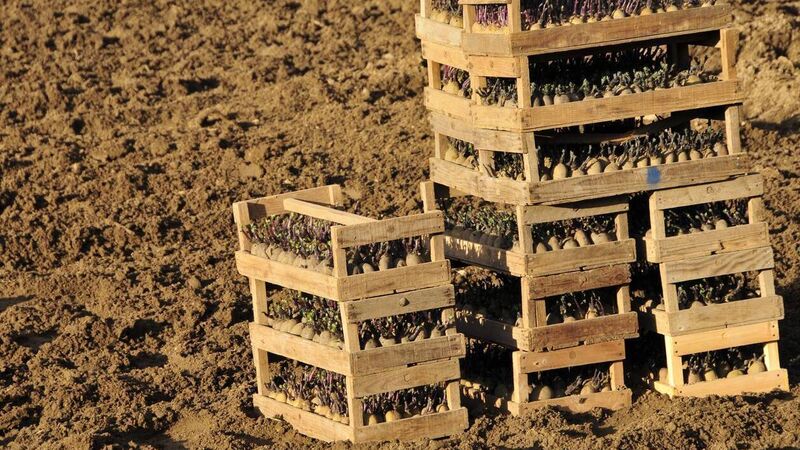Minister backs resurgence of Irish seed potatoes after Brexit prohibits UK imports

About 9,000 hectares are planted in Ireland every year, requiring some 20,000 tonnes of seed potatoes. Picture: Alan Lagadu/iStock/Getty Images
The ending of high-grade seed imports from Britain as a result of Brexit provides a real opportunity for the revival of domestic seed production, Agriculture, Food and Marine Minister Charlie McConalogue told the Senate.
He said an all-island plant health status, a seed-growing tradition and the potential to form producer organisations by potato growers are all positives.













